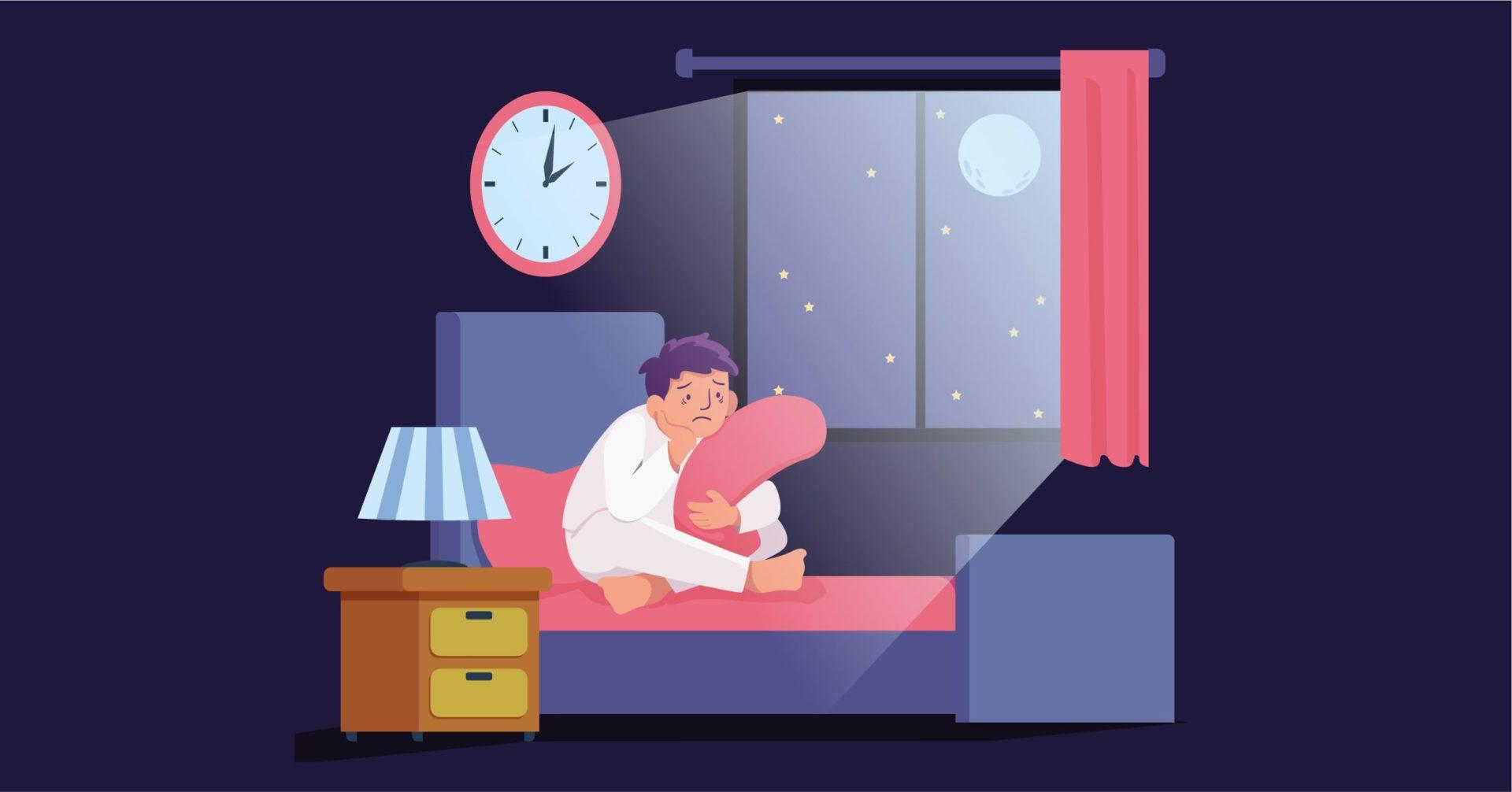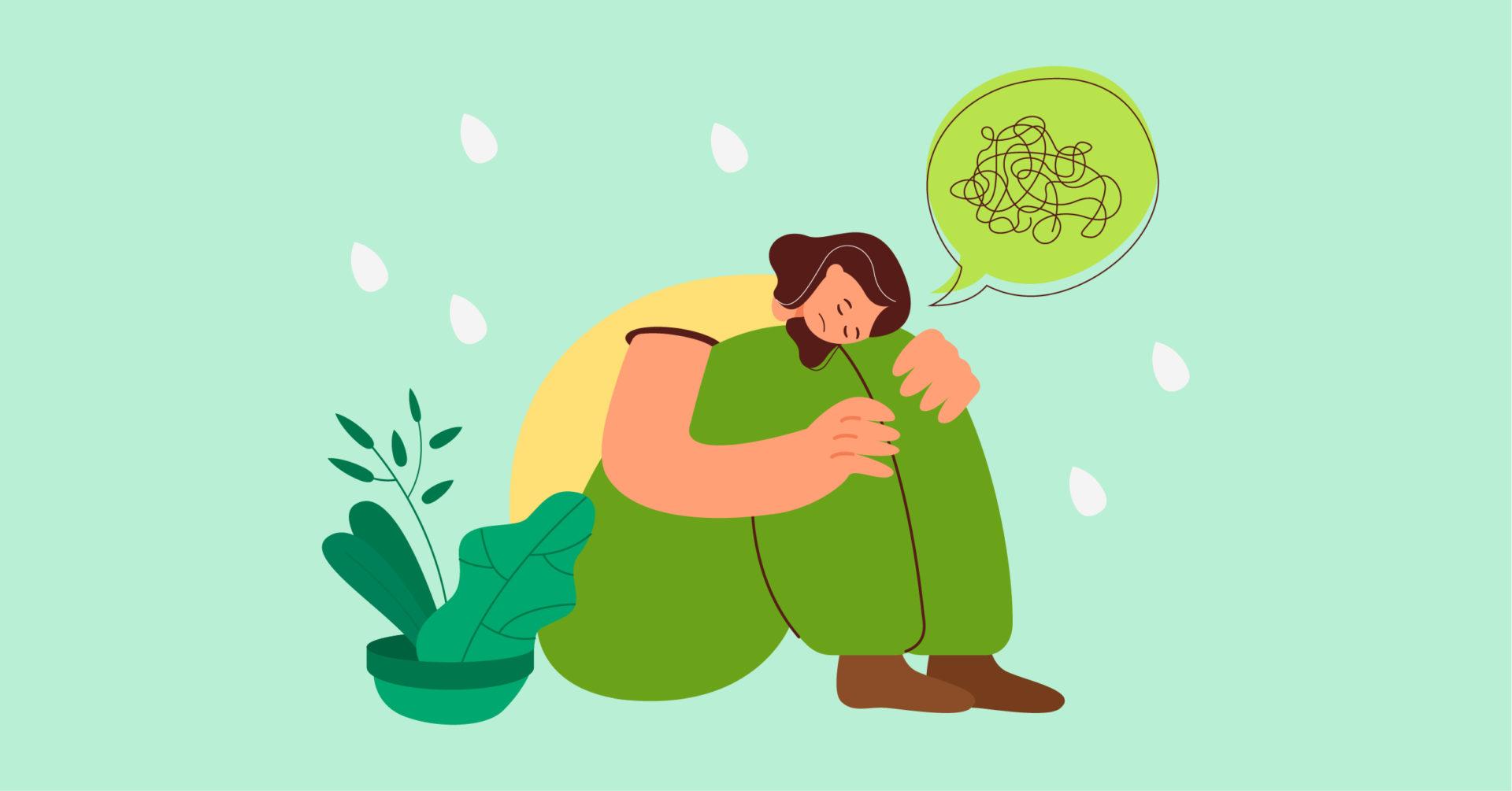Overview
It is quite common for toddlers to urinate in their pants. However, this can become problematic if the child continues to urinate past 5 years of age.
Enuresis is a disorder among children who have crossed the age of 5 years, but have difficulty with urinary continence. It can be urinary incontinence in sleep, termed as nocturnal Enuresis or it can be urinary continence during the day called diurnal incontinence or urinary incontinence.
There may be multiple reasons for this kind of wetting of pants. It may be due to drinking too much water before going to bed, or dreaming about urinating which causes them to pass urine in their sleep.
During the waking hours, the child may avoid using the bathroom due to social anxiety or preoccupation with school or play activity and end up urinating in their pants. In some cases, it may be intentional in order to be disruptive.
Pathological findings report that Enuresis may be caused due to disturbances in nocturnal urine production, bladder function and arousal mechanisms.
In nocturnal Enuresis particularly, when a child produces excessive urine, they’re not properly aroused by the bladder contraction, which results in failure to wake up and they end up bed wetting. Wetting of pants can be quite embarrassing for children.
They may have to face rejection from peers, anger and punishment from their primary caregivers. This may vastly affect their self esteem and academic performance.
Common Signs and Symptoms
The most common symptom is urinary incontinence. This incontinence is persistent beyond 5 years of chronological age and 5 years of mental age in children with intellectual disability and global developmental delay.
These episodes are recurrent and happen twice a week for at least 3 months to be qualified as a disorder.
Self esteem issues may be common due to the social stigma and anger and punishment faced by children.
Risk Factors
Enuresis is related to delayed development of normal circadian rhythms of urine production, abnormalities of central vasopressin receptor sensitivity, reduced functional bladder capacities with bladder hyperactivity.
Heritability studies state the risk to be 3.6 times higher in offspring of mothers with urinary incontinence and 10.1 times higher in offspring of fathers with Enuresis.
Environmental factors associated with Enuresis include large families, low levels of parental education, lax toilet training and family stress.
Diagnosis of Enuresis
Generally, a child psychologist or a primary health care provider can provide the diagnosis of Enuresis.
To be diagnosed with Enuresis, following criteria must be met:
- Recurrent episodes of urinary incontinence, twice a week for at least 3 months.
- Child must be 5 years of age chronologically. In case of Intellectual disability or Global Developmental Delay, a mental age of 5 years is mandatory.
- Enuresis shouldn’t be caused due to medical conditions such as diabetes, spina bifida, seizures, urinary tract infections.
Alongside these, there may be impairment in the child’s social life and academic performance. Psychologists are required to mention the subtypes. Nocturnal Enuresis is commonly referred to as monosymptomatic Enuresis. Diurnal and nocturnal Enuresis is referred to as nonmonosymptomatic Enuresis. Diurnal Enuresis is simply referred to as urinary incontinence.
Treatment for Enuresis
Treatment for Enuresis can be carried out by the primary health care provider. Parents may sometimes approach a urologist for treatment. Treatment options include use of Enuresis alarm and medication. Psychotherapy may be recommended to help with self esteem issues.
Enuresis alarm is a device which senses moisture and a buzzer goes off indicating the child to get up and use the washroom. It’s often used in the treatment of nocturnal Enuresis. It takes some conditioning and time to learn to use an Enuresis alarm.
In case of trouble with compliance in the use of Enuresis-alarm medication may be prescribed for children above the age of 7 years. Desmopressin is often recommended to decrease the production of urine in the bladder. Anticholinergic treatment and imipramine may also be recommended.
Differential Diagnosis
1. Neurogenic bladder or another medical condition: The diagnosis of enuresis is not made in the presence of a neurogenic bladder or another medical condition that causes polyuria orurgency or during an acute urinary tract infection. However, a diagnosis is compatible with such conditions if urinary incontinence was regularly present prior to the development of another medical condition or if it persists after the institution of appropriate treatment of the medical condition.
2. Medication side effects: Enuresis may occur during treatment with antipsychotic medications, diuretics, or other medications that may induce incontinence. In this case, the diagnosis should not be made in isolation but may be noted as a medication side effect. However, a diagnosis of enuresis may be made if urinary incontinence was regularly present prior to treatment with the medication.
Comorbidity
Most children with enuresis do not have a comorbid mental disorder. However, developmental delays, including speech, language, learning, and motor skills delays, are also present in some children with enuresis. Encopresis, sleepwalking, and sleep terror disorder are also common.
Specialist
A primary health care provider is often eligible for the treatment of Enuresis.
In Conclusion
Some kids need a little assistance, but the majority of kids outgrow bedwetting on their own. In general, bedwetting before the age of seven is not a problem. Your child may still be working on gaining nighttime bladder control at this age.
If bedwetting persists, approach the issue with tolerance and compassion. Bedwetting can be decreased with lifestyle modifications, bladder training, moisture alarms, and even medication.
However, your child may experience various problems as a result of bedwetting, such as guilt and humiliation, which can result in a negative sense of self, and loss of socializing opportunities like sleepovers and summer camps.
It is important that parents be patient and opt for psychotherapy can help their children address the underlying psychological issues if any.
Book your session with our expert today.





